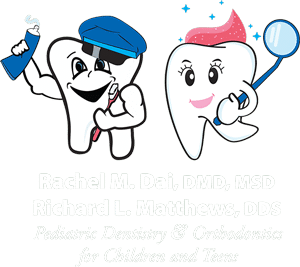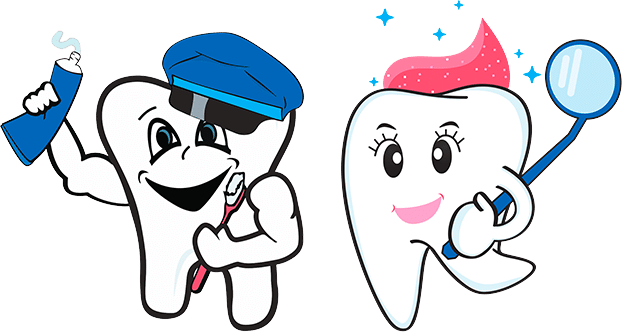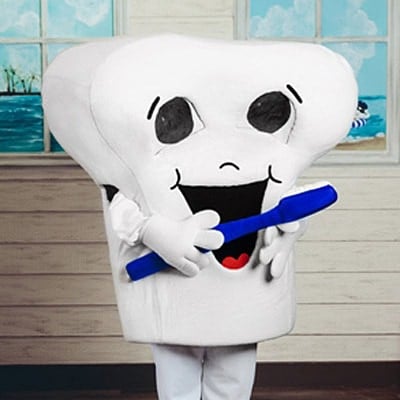Are you concerned about your child’s thumb-sucking habit? It may seem harmless, but did you know that it can have a significant impact on oral health? From teeth misalignment to speech problems, there are hidden dangers associated with this common childhood behavior. In this blog post, we’ll explore the various ways thumb sucking affects your child’s mouth and what steps you can take to help them break the habit. So keep reading to discover how something as innocent as thumb-sucking could be putting your child’s dental health at risk!
What is Thumb Sucking?
Thumb sucking is a common self-soothing behavior observed in infants and young children. It involves the child sucking their thumb by placing it in their mouth and creating a sucking motion. Some children also suck on other fingers or objects like pacifiers for comfort.
Discover the not-so-innocent impact of thumb-sucking on your child’s oral health. Beyond age four, it can affect teeth and jaw growth, alter the roof of the mouth, and increase infection risk. For concerned parents, consulting a pediatric dentist, like the trusted Kids Dentist Spring, is essential. They offer guidance to break the habit and safeguard your child’s dental well-being.
Types of Thumb Sucking
Thumb sucking is a common habit for young children, but it can have a negative impact on their oral health. There are two main types of thumb-sucking: passive and active. Passive thumb sucking is when the child doesn’t actively suck on their thumb, but rather just holds it in their mouth. Active thumb sucking is when the child sucks on their thumb actively. Both types of thumb-sucking can cause problems with the teeth and jaw.
Problems with the teeth can include misaligned teeth, an overbite, or an open bite. These problems can be corrected with orthodontic treatment, but it is best to avoid them if possible. Jaw problems can also occur from thumb sucking. The jaw can become misaligned or the muscles in the jaw can become imbalanced. This can lead to TMJ disorders or other issues with the jaw.
The Impact on Oral Health
Thumb sucking is a common habit among children, but it can have a major impact on their oral health. If your child sucks their thumb, you may notice that their teeth are not growing properly or that they have an overbite. Additionally, thumb-sucking can lead to gum disease and tooth decay.
If you are concerned about the impact thumb sucking is having on your child’s oral health, talk to your dentist. They can help you come up with a plan to get your child to stop sucking their thumb. In some cases, a simple orthodontic appliance can be enough to help break the habit. However, if your child continues to suck their thumb despite your best efforts, they may need more intensive treatment.
The Different Risks Associated with Thumb Sucking
Thumb sucking is a common habit among young children, but it can have a detrimental effect on their oral health. Here are some of the risks associated with thumb sucking:
Tooth Decay: Thumb sucking can lead to tooth decay, especially if your child sucks their thumb for long periods of time or if they suck their thumb frequently throughout the day.
Misaligned Teeth: Thumb sucking can also cause teeth to become misaligned. If your child sucks their thumb excessively, they may need orthodontic treatment to correct the alignment of their teeth.
Oral Infections: Thumb sucking can also put your child at risk for oral infections, such as thrush. Thrush is an infection of the mouth that can cause white patches to form on the tongue and inside of the cheeks. If left untreated, thrush can spread to other parts of the body and cause serious health problems.
So, if you notice your child sucking their thumb, be sure to talk to them about the risks involved and help them break the habit before it causes serious damage to their oral health.
Tips to Help Stop Thumb Sucking
Thumb sucking is a common habit among children, but it can have a negative impact on oral health. Here are some tips to help stop thumb-sucking:
1. Talk to your child about the dangers of thumb-sucking. Explain how it can damage teeth and lead to other problems like gum disease.
2. Create a distraction-free environment for your child. If they often suck their thumb when they’re bored or feeling calm, provide them with toys or activities to keep their hands busy.
3. Help your child break the habit gradually. Start by having them only suck their thumb when they’re in their bedroom or another designated area. Then, slowly increase the amount of time they’re allowed to spend without sucking their thumb.
4. Praise your child for not sucking their thumb. Reward them with verbal praise, stickers, or small treats when they go extended periods of time without sucking their thumb.
5. Seek professional help if you’re struggling to help your child stop thumb-sucking on her own. A therapist or counselor may be able to offer additional strategies for breaking the habit.
Alternatives to Thumb Sucking
There are many alternatives to thumb-sucking that can help your child break the habit. Some of these include:
• Wearing a bracelet or bandage on the thumb to remind your child not to suck.
• Applying a bitter-tasting substance to the thumb to discourage sucking.
• Using a positive reinforcement system, such as rewards, to encourage your child to stop sucking.
• Helping your child find other activities to do with his or her hands, such as playing with a toy or fidgeting with a stress ball.
Thumb sucking is a normal behavior for young children, but it can have serious consequences if it continues beyond the age of five. Parents should be aware of the risks associated with thumb-sucking and work with their pediatrician to find ways to help their child break this habit. With proper guidance and support from family members, children can learn healthy habits that will lead to better oral health in the future. In such cases, intervention and guidance from parents and, if necessary, pediatric dentists are recommended to help children break the habit and prevent long-term consequences on oral health.






